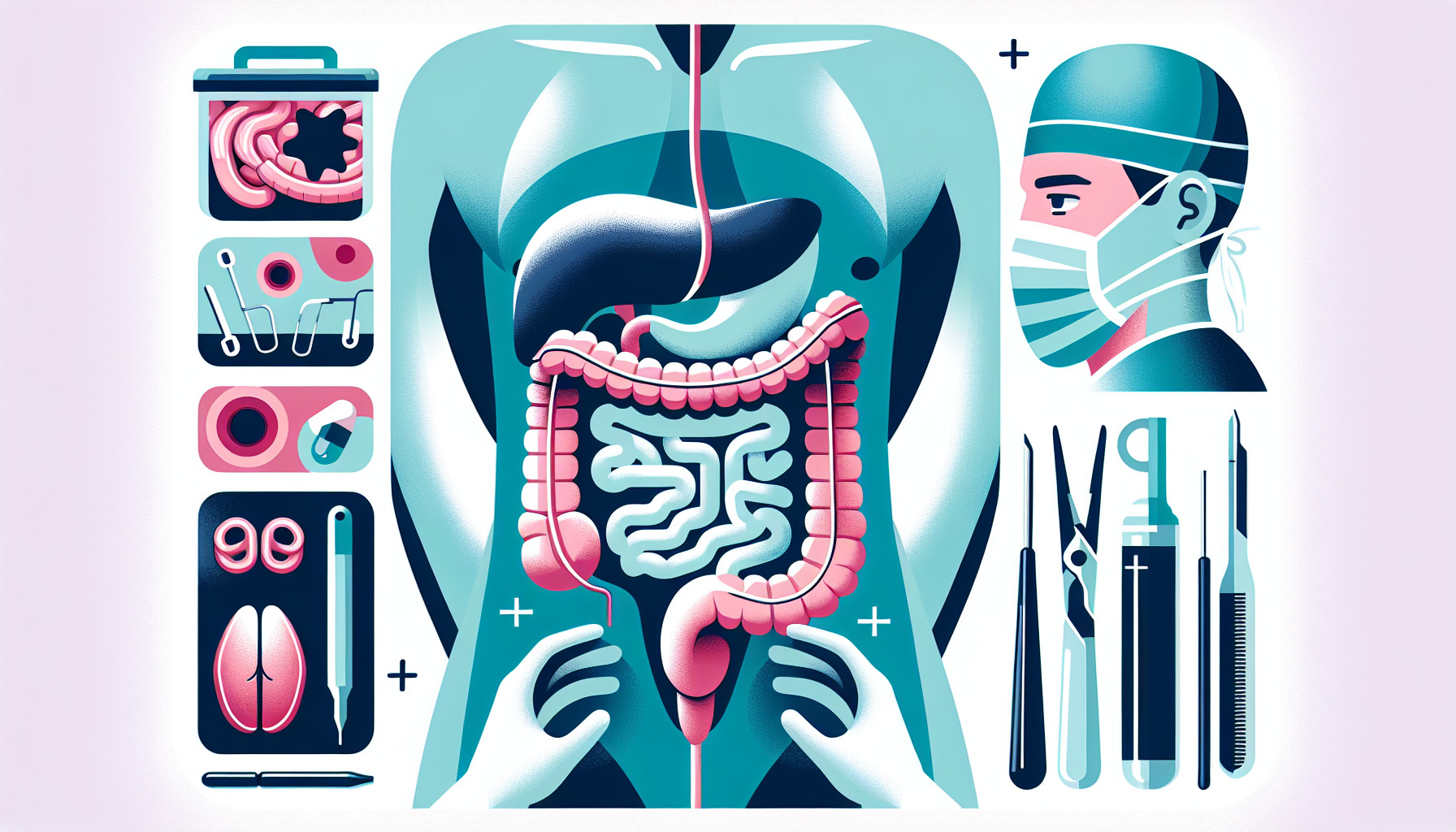Our Summary
This research paper discusses a treatment for blood disorders and autoimmune diseases called allogeneic hematopoietic stem cell transplantation (allo-HSCT). However, this treatment often leads to a serious problem called acute graft-versus-host disease (aGVHD), which can be fatal and often affects the gastrointestinal system.
Recent advancements in the study of intestinal microbiota (the bacteria and other organisms that live in our intestines) have improved our understanding of how these organisms interact with our immune system and contribute to diseases like aGVHD. The study found that patients who develop aGVHD often have an imbalance in their intestinal microbiota.
This imbalance could potentially be used to predict the severity and outcome of aGVHD, making it a useful tool in managing the disease. Current studies are looking into the role of the intestinal microbiota in aGVHD and how monitoring and adjusting it could help in diagnosing, preventing, or treating the disease.
In simpler terms, the paper is about how the balance of bacteria in our gut could play a role in managing a serious disease that can occur after a certain type of stem cell transplant.
FAQs
- What is acute graft-versus-host disease (aGVHD) that often occurs after allogeneic hematopoietic stem cell transplantation (allo-HSCT)?
- How does an imbalance in the intestinal microbiota relate to the severity and outcome of aGVHD?
- How can understanding and adjusting the intestinal microbiota potentially help in diagnosing, preventing, or treating aGVHD?
Doctor’s Tip
A doctor might tell a patient receiving an intestinal transplant to pay close attention to their gut health and maintain a healthy balance of good bacteria in their intestines. This can help prevent complications such as acute graft-versus-host disease and improve overall outcomes post-transplant. They may recommend probiotics or dietary changes to support a healthy gut microbiome.
Suitable For
Patients who are typically recommended intestinal transplant are those who are suffering from severe intestinal diseases or conditions that cannot be treated through other means. Some common reasons for recommending an intestinal transplant include:
Short bowel syndrome: This condition occurs when a significant portion of the small intestine is missing or non-functional, leading to malabsorption of nutrients and chronic diarrhea. Intestinal transplant may be considered for patients with severe short bowel syndrome who are unable to maintain adequate nutrition through other methods.
Chronic intestinal pseudo-obstruction: This condition is characterized by symptoms similar to a bowel obstruction, but without a physical blockage. Patients with severe chronic intestinal pseudo-obstruction that does not respond to other treatments may be candidates for an intestinal transplant.
Inflammatory bowel disease: Patients with severe cases of inflammatory bowel disease, such as Crohn’s disease or ulcerative colitis, that do not respond to medication or other treatments may be recommended for an intestinal transplant.
Intestinal failure associated liver disease (IFALD): Some patients with intestinal failure develop liver disease as a result of their condition. In these cases, a combined liver-intestine transplant may be considered to treat both conditions.
Overall, patients who are considered for intestinal transplant are those with severe intestinal diseases or conditions that significantly impact their quality of life and cannot be effectively managed through other treatments. The decision to recommend an intestinal transplant is made on a case-by-case basis, taking into consideration the patient’s overall health, prognosis, and potential benefits and risks of the transplant procedure.
Timeline
Before intestinal transplant:
- Patient undergoes evaluation to determine if they are a suitable candidate for intestinal transplant.
- Patient is placed on the waiting list for a suitable donor.
- Patient may experience complications from their underlying intestinal disease, such as malnutrition, infections, and bowel obstruction.
- Patient may require intravenous nutrition or other medical interventions to manage their symptoms.
After intestinal transplant:
- Patient undergoes surgery to receive the new intestine from a donor.
- Patient is closely monitored in the intensive care unit for complications such as infection, rejection, and organ dysfunction.
- Patient may require immunosuppressive medications to prevent rejection of the new organ.
- Patient undergoes rehabilitation and physical therapy to regain strength and function.
- Patient is monitored closely for signs of infection, rejection, and other complications in the weeks and months following the transplant.
- Patient may require lifelong follow-up care and monitoring to ensure the success of the transplant.
What to Ask Your Doctor
What are the potential risks and benefits of an intestinal transplant for my condition?
How will an intestinal transplant affect my overall health and quality of life?
What is the success rate of intestinal transplants in patients with conditions like mine?
What are the potential complications or side effects of an intestinal transplant?
How will I need to adjust my diet and lifestyle after an intestinal transplant?
What is the long-term outlook for patients who undergo an intestinal transplant?
How will the transplant impact my immune system and my risk for developing conditions like acute graft-versus-host disease (aGVHD)?
How will the balance of bacteria in my gut be monitored and managed after the transplant?
What kind of follow-up care will be needed after the transplant?
Are there any alternative treatments or therapies that may be suitable for my condition instead of an intestinal transplant?
Reference
Authors: Hong T, Wang R, Wang X, Yang S, Wang W, Gao Q, Zhang X. Journal: Front Immunol. 2021 Mar 16;12:644982. doi: 10.3389/fimmu.2021.644982. eCollection 2021. PMID: 33815399
